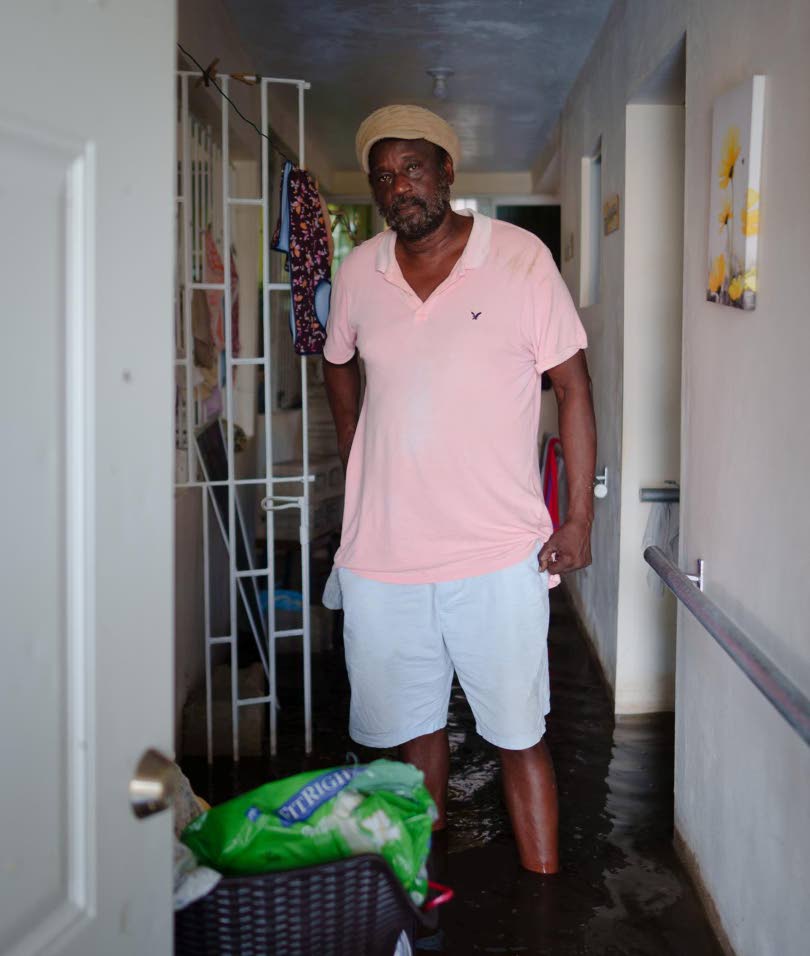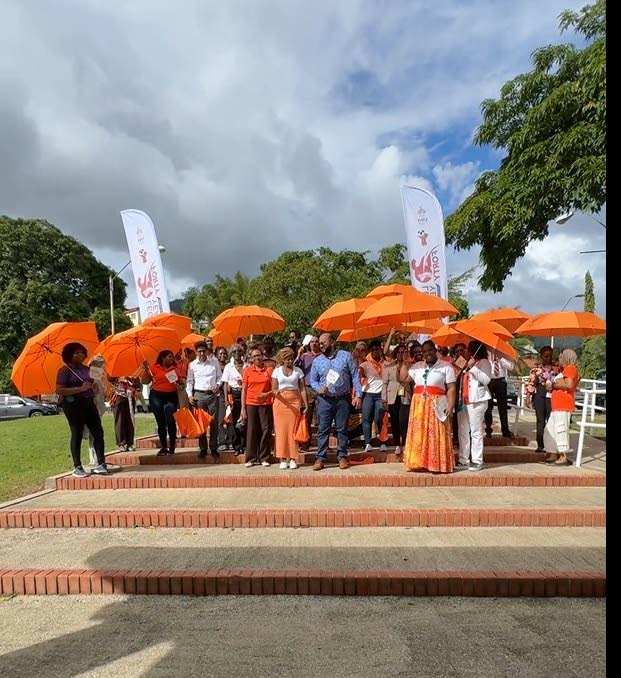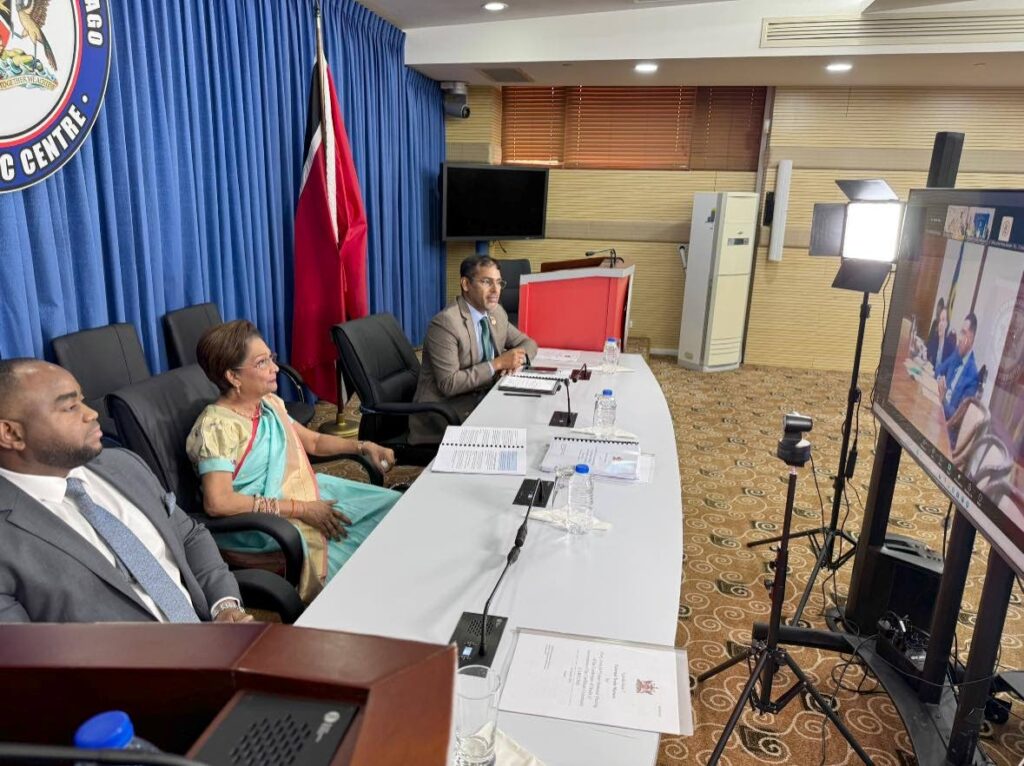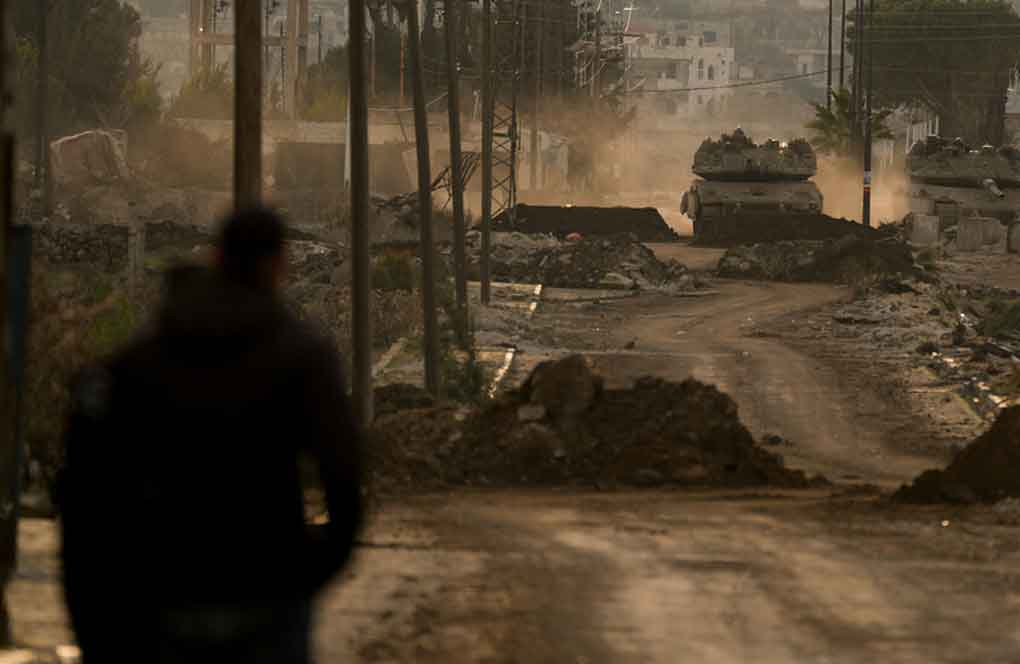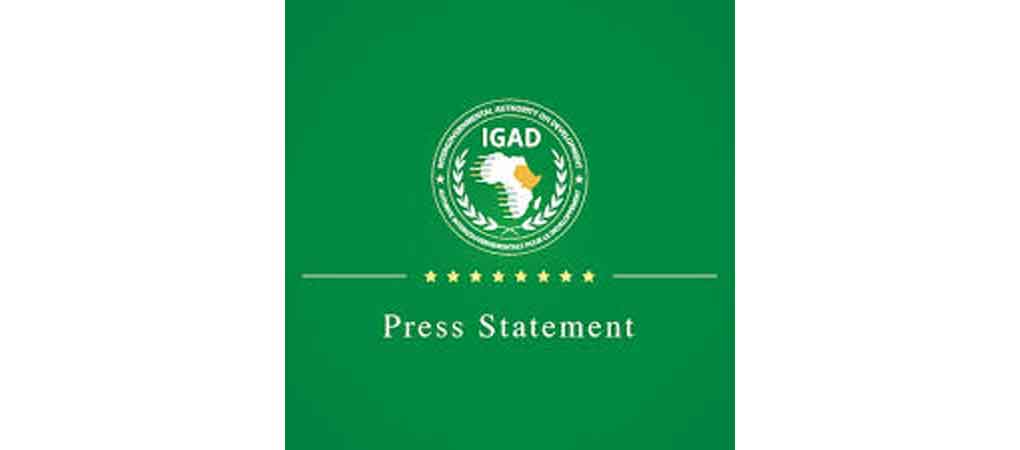Hugh Barnes, the 65-year-old proprietor of Auglo Senior Living Nursing Home in St. Elizabeth, Jamaica, has tragically passed away from a heart attack just ten days after executing a daring rescue of 13 elderly residents during Hurricane Melissa. The Category 5 storm had severely compromised the facility, tearing off its roof and flooding the building with knee-deep water.
On October 28, as the hurricane made landfall, Barnes refused to abandon the residents he considered family. Working alongside staff through the violent storm, he physically supported and comforted residents while helping to stack mattresses to keep them above rising floodwaters. Standing at six feet five inches, Barnes used his height to secure vulnerable residents and balance mattresses above the water level.
When roads became passable two days later, Barnes organized the relocation of all residents to his personal home in Bull Savannah, despite his own property sustaining roof damage. In the following days, he made daily trips back to the devastated nursing home to salvage medications, clothing, and personal belongings for the displaced seniors.
According to his widow Melaney Walters Barnes, her husband was on a mission to restore normalcy for the residents even as he faced tremendous physical and emotional strain. Their final conversation on November 7 centered on his efforts to find an electrician to restore power to the nursing home. Moments later, Barnes complained of chest pains to the nursing home manager and was rushed to the hospital where he succumbed to a heart attack.
Walters Barnes described her husband as having ‘sacrificed his own life for people who have lived their lives.’ Friends and community members, including Howard Hendriks—whose father was among the rescued residents—are now calling for official recognition of Barnes’ bravery and selflessness. Custos of St. Elizabeth Beryl Rochester joined the chorus of those praising Barnes’ heroic actions, noting that his behavior was consistent with his character.
The financial impact on the family and the nursing home has been devastating, with extensive loss of equipment and supplies. Walters Barnes has assumed management of the recovery efforts while continuing to house the displaced residents in her home, determined to honor her husband’s legacy of compassion and service.
